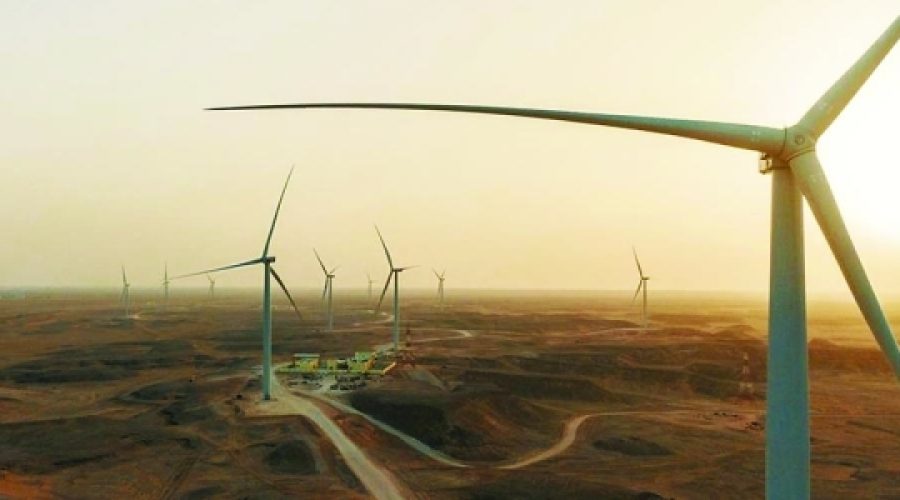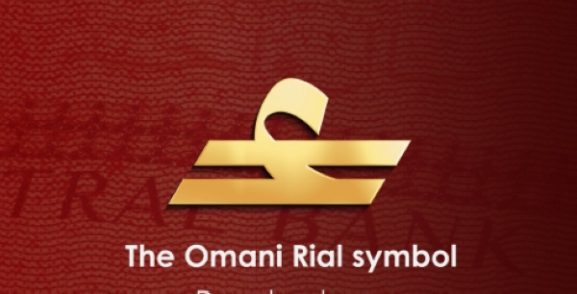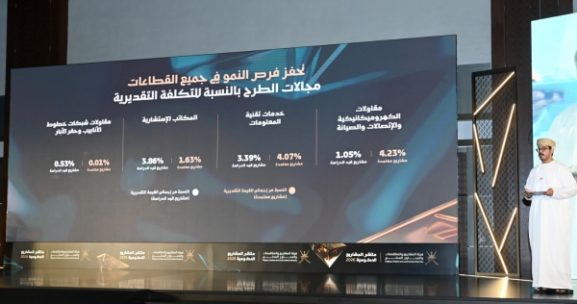تقدم دول مجلس التعاون الخليجي في مؤشر اقتصاد الكربون الدائري: ما يعنيه لفرص الاستثمار التجاري المستدام في المنطقة
مسقط: حققت دول مجلس التعاون الخليجي تقدمًا كبيرًا في مؤشر اقتصاد الكربون الدائري في عام 2024، حيث ارتفع متوسط النتيجة الإجمالية للكتلة إلى 41.5، ارتفاعاً من 37.7 في عام 2023، وفقاً للبيانات الصادرة عن مركز الإحصاء لدول مجلس التعاون الخليجي (GCC-Stat).
تكشف بيانات المركز أن ثلاث دول من دول مجلس التعاون الخليجي تحتل مراكز متقدمة في منطقة الشرق الأوسط وشمال أفريقيا على هذا المؤشر، الذي يُقيّم تقدم 125 دولة نحو تحقيق صافي انبعاثات صفري. ويتتبع المؤشر التقدم المحرز من خلال إطار الاقتصاد الدائري للكربون، الذي يوازن بين تقنيات تخفيف الانبعاثات والسياسات والأدوات الداعمة.
يتكون المؤشر من مكونين رئيسيين. مؤشر الأداء، الذي يقيس نشر تقنيات تخفيف الانبعاثات، شهد ارتفاع متوسط دول مجلس التعاون الخليجي إلى 35.8 نقاط من 29.7 في عام 2023. وفي الوقت نفسه، تحسن مؤشر الممكنات، الذي يعكس الاستعداد للانتقال إلى اقتصاد منخفض الكربون، أيضًا إلى 47.2 نقاط من 45.6 في العام السابق.
بالإضافة إلى ذلك، تُبرز بيانات المركز الإحصائي لدول مجلس التعاون الخليجي زيادةً ملحوظةً في مساهمة المنطقة في سعة الطاقة المتجددة العالمية. فقد ارتفعت حصة دول مجلس التعاون الخليجي من سعة الطاقة المتجددة المُركّبة بشكلٍ ملحوظ إلى 0.431 طن متري/طن متري في عام 2024، مُقارنةً بـ 0.031 طن متري/طن متري فقط في عام 2015.
يؤكد المجلس الأعلى لمجلس التعاون الخليجي التزامه بالركائز الأساسية للتحول في مجال الطاقة - أمن الطاقة، والتنمية الاقتصادية، وتغير المناخ - مع مواصلة الاستثمار المستدام في الموارد الهيدروكربونية. وتعمل الدول الأعضاء بنشاط على تعزيز الركائز الأربع للاقتصاد الدائري منخفض الكربون: خفض الانبعاثات، وإعادة استخدام الكربون، وإعادة تدويره، وإزالة الانبعاثات المتبقية. — ONA
تحليل خاص من عمانت | تصفح سوق عُمان
يسلط التحسن الملحوظ الذي حققته دول مجلس التعاون الخليجي في مؤشر اقتصاد الكربون الدائري الضوء على التقدم المتسارع نحو انبعاثات صافية صفريةمما يتيح لعُمان فرصًا استراتيجية لتوسيع قطاع الطاقة المتجددة وتقنيات إدارة الكربون. ينبغي على الشركات الاستفادة من التركيز المتزايد على الاستثمار المستدام والابتكار في مجال خفض انبعاثات الكربون، بينما يتعين على المستثمرين تقييم مخاطر التحول في أسواق الطاقة وإعطاء الأولوية للمشاريع التي تتوافق مع ركائز اقتصاد الكربون الدائري. بالنسبة لعُمان، يُعدّ تبني هذا التحول أمرًا بالغ الأهمية لضمان مرونة اقتصادية طويلة الأمد وريادة في التحول الإقليمي في مجال الطاقة.



